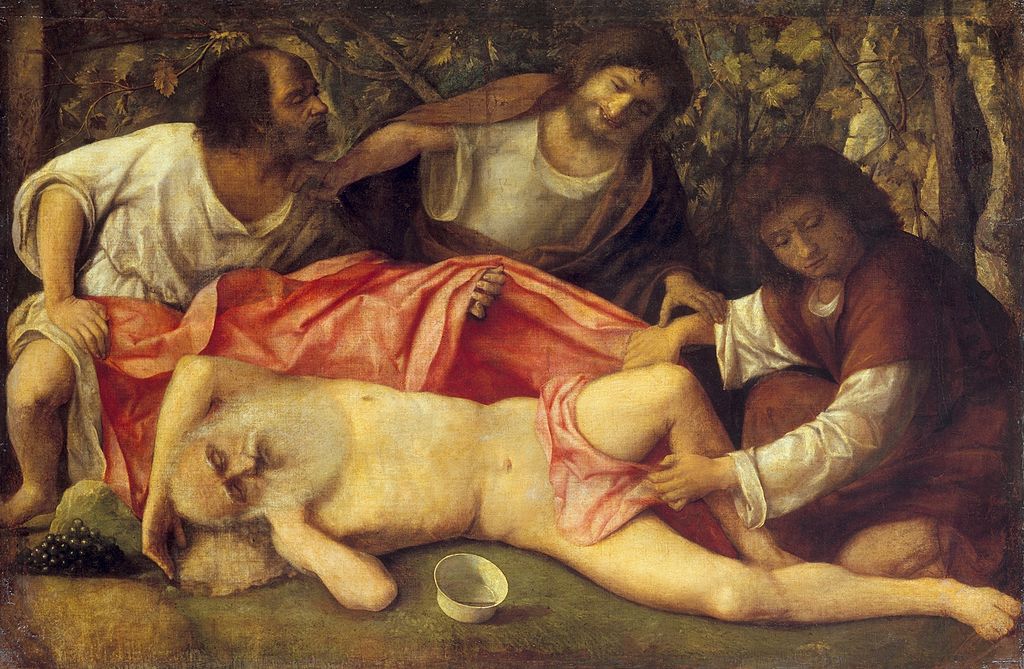A recent article in L’Osservatore Romano by an Italian priest who teaches biblical theology is yet another example of the way the present papacy seems to look at priests and bishops who do not join in lockstep with the pope. I’ve never heard of this priest, Giulio Cirignano, but, evidently, he has some standing with the present regime.
The good father is clearly echoing an attitude that is prominent among the closest members of the papal entourage when he says: “The clergy is holding the people back, who instead should be accompanied in this extraordinary moment. . . .The main obstacle . . . is constituted . . . by the attitude of a good part of the clergy, at levels high and low . . . an attitude, at times, of closure if not hostility.”
This has become a frequent refrain in the pope’s own comments, i.e., that many clergy are rigid, closed, and hostile when it comes to his innovative teaching and practice. In my lifetime, I’ve never witnessed this kind of hostility coming from the papal office toward those who are meant to be co-workers in the vineyard of the Lord.
I try to imagine how such badgering of the clergy would have been looked at if it were a so-called “conservative” pope doing this. Suppose Pope John Paul II had been using this kind of language toward priests who were resisting his teaching. That great pope was anything but naïve, and he understood well that many clergy, including some bishops and cardinals, were resistant to the constant teaching of the church on matters like contraception, women priests, and divorce and remarriage. Yet never – to my knowledge – did he demean clergy who disagreed with him.
Or I try to imagine what would have been the response of the world’s press, secular and Catholic, if it had become known, say, that John Paul II had refused an audience to a group of cardinals who rejected his teaching on communion for the divorced and remarried in Familiaris Consortio. Imagine how outraged the secular and liberal Catholic world would have been had that pope treated his own privileged counselors in such a manner.
And yet Pope Francis seems to be the “Teflon” pope. No matter what he says or does in relation to his beloved clergy and cardinals, it doesn’t seem to affect his image as the compassionate, merciful, open pope.
Maybe this is all we can expect in a world where truth matters little compared with images. But there is something interesting in this article that I haven’t seen commented on. This particular article confirmed for me, in a backhanded sort of way, some things about the reception of the more controversial aspects of Amoris Laetitia, and how it all related to the notion of collegiality laid down in Vatican II.
This Italian priest and the editors of the pope’s own newspaper obviously felt it quite necessary, or at least opportune, to browbeat clergy and bishops once again for their failure to get in line with the pope. And why? Perhaps it seemed urgent because this resistance was in fact not minor, but it involved a “good part of the clergy, at levels high and low.”

Evidently, the urgency had to do with the fact that this resistance was quite widespread, and someone, somewhere hoped that a clever analysis by a theologian might reverse that trend.
The fact that this resistance is the real story struck me some time ago. Sure, you can count on the usual suspects like the German hierarchy, or the bishops from the pope’s own country, or from a tiny island diocese. But the fact remains that the vast, vast majority of local Church hierarchies around the world are remaining silent, and a good number of individual bishops are openly confirming their flock in the traditional practice of the Church regarding communion for the divorced and remarried.
This silence is itself the big story. It bespeaks the urgency of the matter. The Pope Francis contingent in the Church universal expected that the national hierarchies would fall in line quite easily. Yet this expectation is itself somewhat surprising, given the open resistance at the two synods to any such innovative practices as Communion for the divorced and remarried who had not received annulments.
Only the manipulations of the Synod and its results made it possible for these innovations to make their way into the pope’s exhortation. But the manipulators obviously thought that blind obedience would follow once the pope had spoken.
It didn’t. And what this grand silence really bespeaks, therefore, is collegiality in the true sense of that term. It seems the bishops of the world have great respect for the papal office and are hesitant to make any public display of disagreement that might embarrass the pope and undermine his office. A friend told me it was sort of like the sons of Noah covering the nakedness of their drunken father so that he would not be embarrassed.
Nonetheless, it’s simply a fact that the vast majority of bishops have not signed on to the interpretation of the Germans, the Argentineans, or the Maltese bishops. Nor have they given a rousing support to the “official” interpretation of Vienna’s Cardinal Schönborn.
One of the ecclesiological purposes for calling Vatican II was to establish a certain re-balancing of the teaching on papal primacy in Vatican I. This balancing was, in fact, the teaching on collegiality, the close official relationship of all the bishops of the world to the pope, and the importance of collegiality in the exercise of the papal prerogatives.
The way this collegiality is exercised is complex. For instance, synods are a certain exercise of collegiality, but they do not exhaust the ways in which collegiality can take place.
We’ve now learned that one exercise of collegiality, perhaps not anticipated at that Council, may well occur through silence in the face of a possible case of papal overreach.














